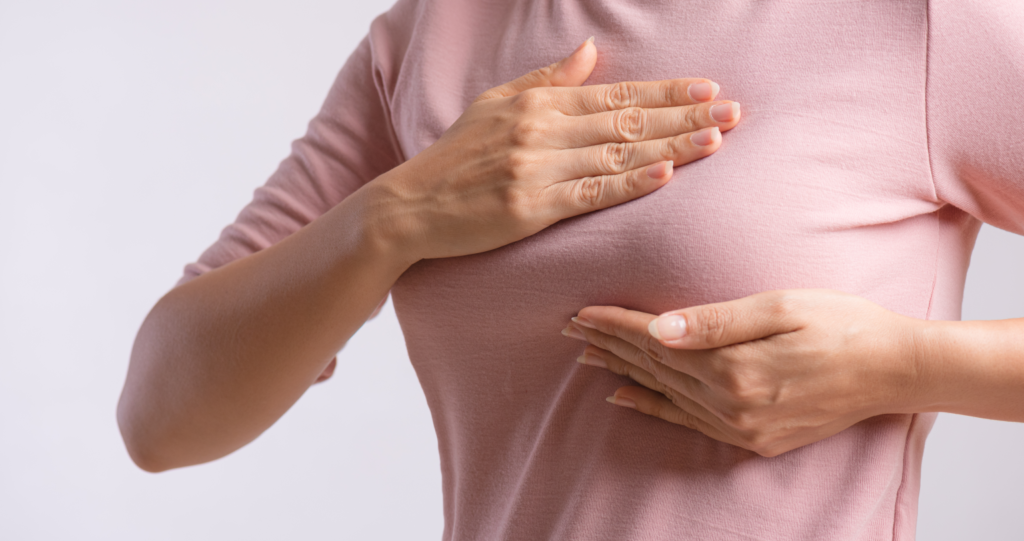Did you know that if all women performed a self-examination once a month, we could detect and prevent the appearance of breast lumps?
While we shower, we can perform self-palpation, says oncologist Mónica Cordón. Make circular movements and palpate: breasts, armpits, and neck, clockwise; if you find a “lump” or “ball” do not panic, just consult an oncology specialist who will tell you the tests and treatment to follow.
The hereditary factor
Heredity does not determine our risk of cancer, at least not as much as we think. According to Dr. Cordón, this cancer affects 15% of women who have the BRCA gene.
All cancer comes from a genetic abnormality, which has been reproduced from generation to generation. This is where the BRCA gene, 1 or 2, or the Angelina Jolie gene, which became famous after a double mastectomy, comes into play.
Women who carry this gene have a higher risk of breast cancer, but this means that there is a 10% to 15% chance of developing this type of cancer. For example, HER2 (Human Emitter Receptor 2) is a protein that triggers the growth of cancer cells, but it can currently be blocked by the drug Herceptin. There are at least 10 known types of breast cancer, HER2+, hormone receptors, and triple-negative are three of the most famous, says Luis Cetina, a specialist in molecular oncology.
There is a high level of binding of hormone receptors, mainly estrogens. Estrogen hormones can be catalysts for breast cancer up to 60% if they are present as receptors for this hormone, thereby stimulating the proliferation of breast tissue.
Risk factors
According to the Centers for Disease Control and Prevention (CDC) and expert oncologists, these factors make a person more likely to suffer from this disease:
- Overweight and obesity
- Sedentary lifestyle
- Depressed or low immune system
- Nulliparity (women who have not had babies)
- Late age at pregnancy. The older the woman, the higher the incidence of breast cancer and uterine cancer.
- Oral contraceptive use increases breast cancer risk by 15%
Prevention factors
- Exercise
- Breast self-examination.
- Avoid tobacco and alcohol.
- Increase in time in months of breastfeeding.
- Balanced diet
- Morning walks
- Vitamin D supplements: 2,000 to 5,000 units three times a week.
Myths
Don’t believe them
- Tight clothing, blouses, or bras do not cause breast cancer, but they hinder circulation in the area and may cause mastalgia or breast pain.
- Commercial deodorants and their paraben content do not influence breast cancer, according to oncologists Cordón and Estrada, you can use these deodorants without any harm.
Managing emotions
Contracting cancer is undoubtedly painful, so you have to know how to deal with the emotions you will feel during this process; psycho-emotional and psycho-oncological help is required to take care of the psyche, deal with trauma, and maintain the right energy and attitude.
Psychologist Cristabel Ramírez recommends:
- Guided breathing
- Meditation
- Mindfulness
- Activities such as knitting or drawing
- Walking barefoot on sand or dirt (“grounding”) to receive the energy of the earth through our feet.

